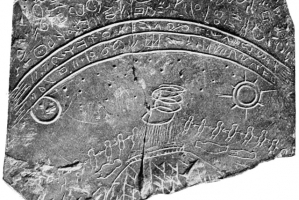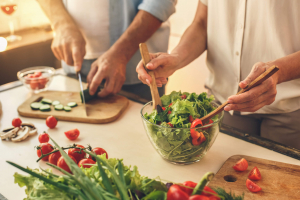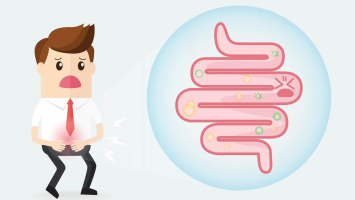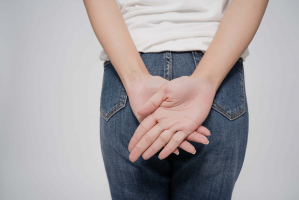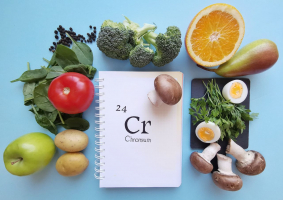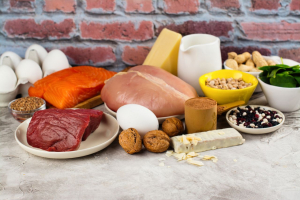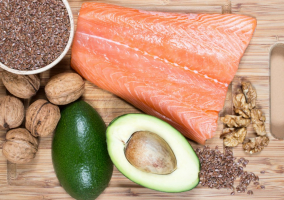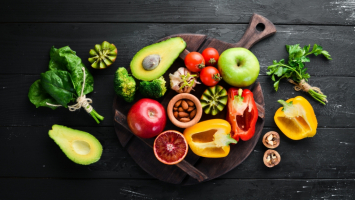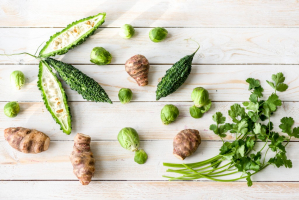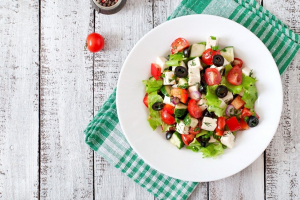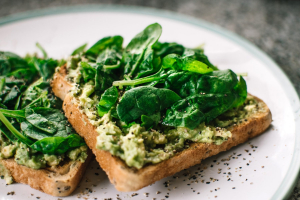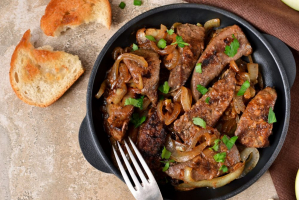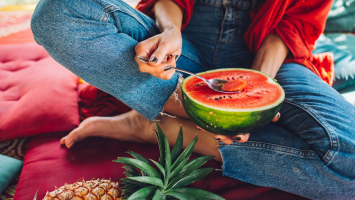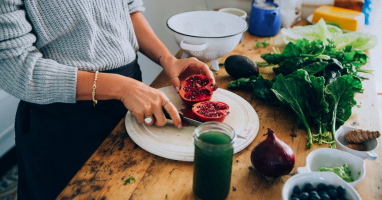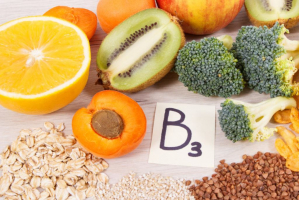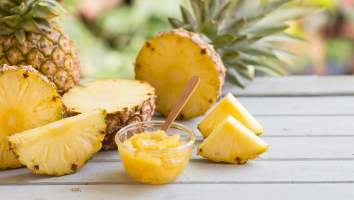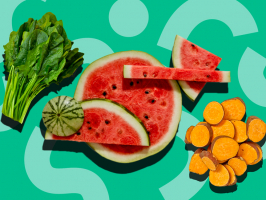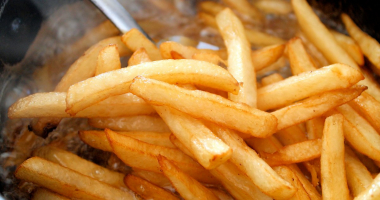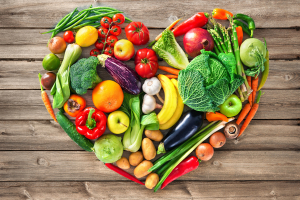Top 10 Cases of Adulterated Foods That Fooled Everyone
Have you ever watched one of those movies online when someone slices through a boot or a cactus with a knife only to discover that it was actually a cake all ... read more...along? We find that type of mischief fascinating because it is performed in a secure and entertaining manner. We dislike it when we see or consume food that turns out to be entirely different from what we once believed it to be, especially when it isn't even food at all. Unfortunately, food adulteration of this kind occurs more frequently than you may imagine.
-
You'd think that since cooking oil is so widely available and can be obtained from so many places in the modern world, making or obtaining it wouldn't be that challenging. After all, there are numerous sources for it. The evil of gutter oil is all too real despite that nevertheless.
Gutter oil is oil that originates from all possible places where oil should never originate. Grease traps, slaughterhouses, and sewers are all commonplace. You're aware of how oil will frequently float to the top of other liquids? Gutter oil is simply skimmed off and processed again by harvesters. Although illegal, it nevertheless occurs.
2013 saw the release of videos documenting the production, which showed harvesters simply opening manholes on public streets in broad daylight and bringing up ladles full of slime to prepare and resell to small eateries or street sellers. However, the issue was so pervasive that 10% of all cooking oil was thought to be garbage oil.
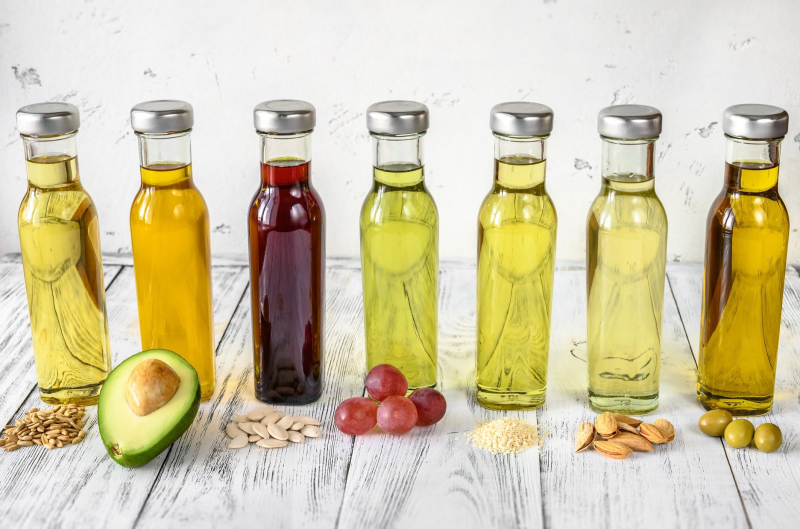
https://www.cookist.com/ Radio Free Asia channel on Youtube -
As you have probably already surmised, China's food standards haven't always been up to par. China experienced its own meat crisis, however it was a little more vivid than the problems with veal being substituted for pork and horses for beef.
In one instance, duck meat that was manufactured using glue and chemicals with the addition of imported mutton grease for authenticity was sold as mutton in China. This was a follow-up to a prior con where duck flesh was dipped in lamb urine to give it a mutton flavor, supposedly a common occurrence.
Even though duck covered in mutton grease doesn't sound particularly appealing, it is at least generally acknowledged as being food. Fox, mink, and rat meat was being sold as mutton elsewhere.
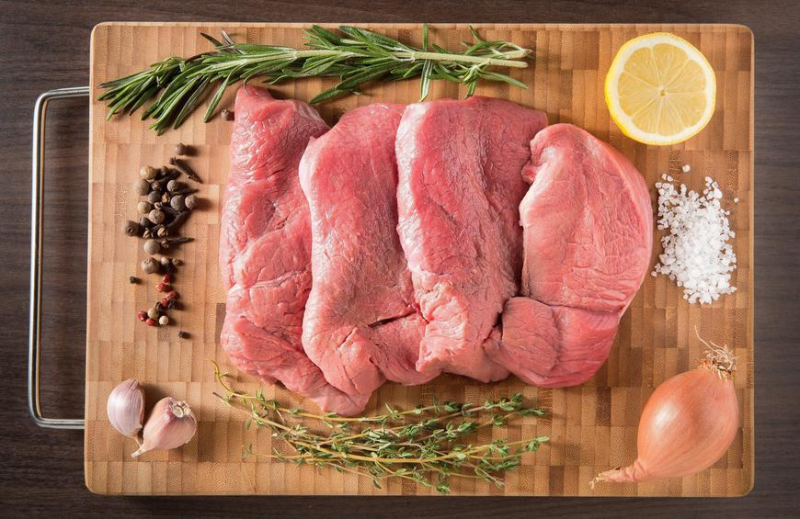
https://www.thedailymeal.com On Demand News channel on Youtube -
In 2018, production of eggs totaled just about 77 million tons. For each human on Earth, that equates to 161 eggs every year. Remember that many nations seldom ever consume eggs at all. China is the nation that consumes the most eggs overall. In 2018, their birds produced 466 billion eggs, or 34% of all the eggs produced worldwide. However, China is also the country where it's most common to come across eggs that have never even been close to a chicken or any other animal.
Chinese eggs that were faked made headlines in 2012, and they are stranger than you might think. After all, how do you fake an egg? Even though it requires so much work, you might ask how the cost could have been justified. Nevertheless, this is how it functions. You must first create the white. Along with certain colours, resin, starch, and a coagulant are employed.
The slimy white can then be topped with an imitation yolk made of resin and yellow colours. Then, a shell is created using calcium carbonate, gypsum powder, and paraffin wax. As a result, both inside and out, it seems to be the real thing and even feels like way. A proficient fake egg maker might produce 1,500 of them in a single day. Despite how in-depth it seems, the cost was reportedly half of what an actual egg may cost.
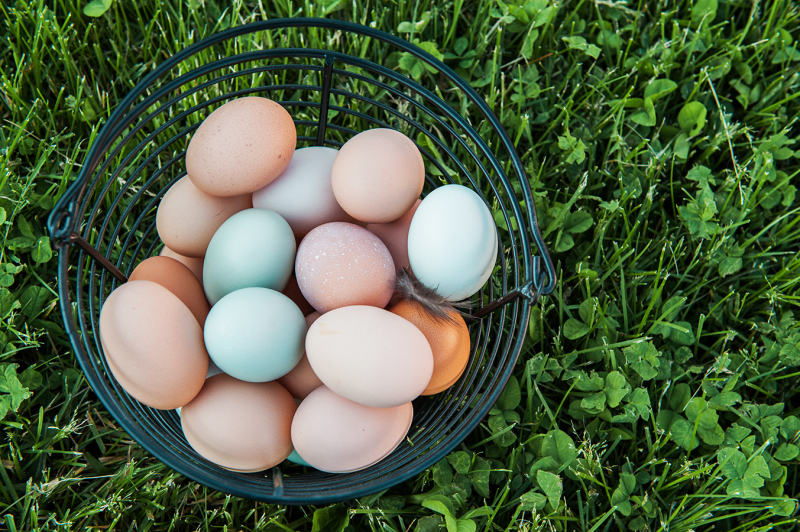
https://blog.mcmurrayhatchery.com The Star channel on Youtube -
It's one thing to substitute beef for pig, but at least they are both foods you expect to be consumed. A significant horsemeat scandal broke out in Europe in 2013 after it was discovered that beef had been replaced with horse meat. There was a lot of horsemeat as well.
The grocery store chain Aldi admitted that one of their suppliers was providing frozen dinners that were 100% horsemeat, not simply horsemeat that had been chopped with horse. When a variety of beef products were examined for DNA, numerous different brands revealed undeclared pork in addition to horse, indicating that the entire farm had been shoved into a meat grinder. The majority of the horse meat came from Romania, where it was first marketed as horsemeat and later rebranded as beef.
Willy Selten, a Dutch horsemeat trader, was convicted of forging paperwork and given a two-and-a-half year prison term for his involvement in Europe's horsemeat crisis. In May 2013, Selten, 45, was detained for selling 300 kg of horsemeat that was mislabeled as beef. He was found guilty of fabricating labels, invoices, and declarations as well as utilizing falsified papers to sell meat. The verdict "upset and astonished" Selten, according to his attorney.
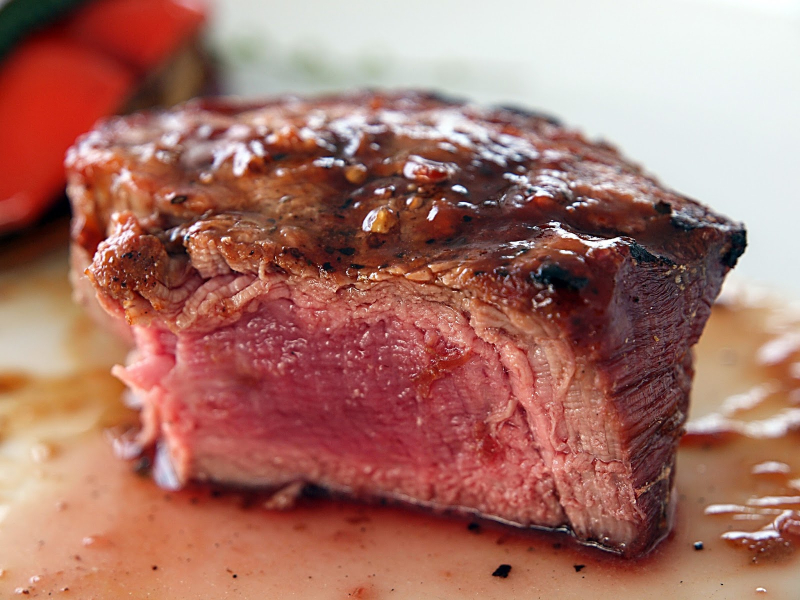
https://muddycarrot.blogspot.com Channel 4 News channel on Youtube -
Professional chefs participate in a blind taste test of ingredients on several cooking competition shows, such as Top Chef, where they are figuratively blindfolded and challenged to identify items by taste. Even for those with impeccable palates, it can be much tougher than you'd think to identify many ostensibly straightforward dishes. This contributes to the ease with which you can, for example, substitute veal for pig in restaurants.
Pork and veal can be extremely similar when prepared and served under the proper conditions. However, one significant distinction that every restaurant owner should be aware of is that some people abstain from eating pork for very particular reasons, such as religious or health concerns. Technically speaking, Jews or Muslims who unintentionally consume pork are not regarded to have violated their faith, yet it nevertheless feels betraying because it is.
Several Florida eateries were discovered switching pork for veal without alerting customers. In fact, four out of ten establishments that the local reporters looked into were engaging in it. The majority of the establishments insisted that if it did occur, it was an error. Veal often costs three times as much as pig, thus the restaurant stands to gain financially from the scheme.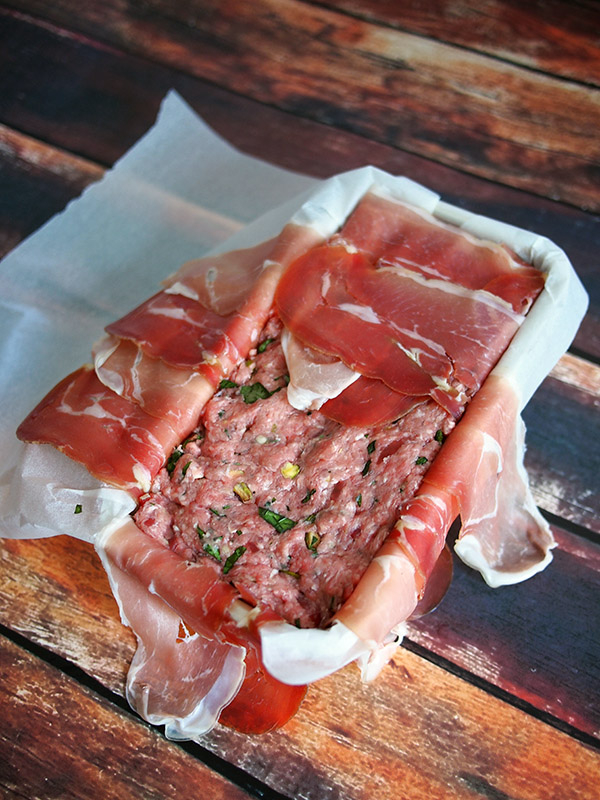
https://bellyrumbles.com/ 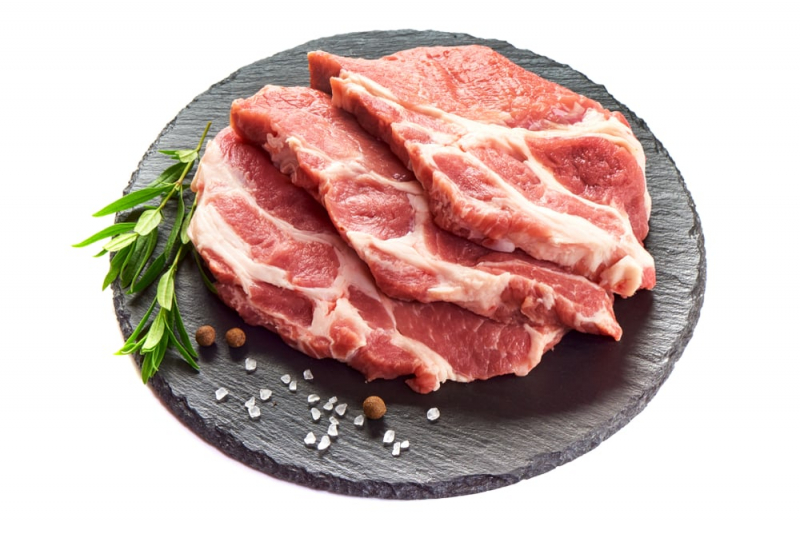
https://missvickie.com/ -
Melamine Baby Formula event occurred in 2008. The chinese milk crisis brought home the actual horror of what may occur when food is tainted. As many as 300,000 babies in China contracted illnesses from melamine-contaminated milk, and six of them passed away. Even in 2010, years after the controversy had come to light, businesses were still attempting to market the product while fully aware of its dangers.
Melamine is a white powder that is typically used to create cleaning supplies, insulation, and polymers. It boosts nitrogen when added to diluted milk, which can fool quality control tests into thinking the milk contains more protein than it actually does. However, the chemical itself has harmful effects on the body, including severe kidney damage. When the issue first surfaced, it was discovered that 22 separate dairy farms were selling tainted milk. Twenty persons were found guilty of participating, and the state executed two of them.
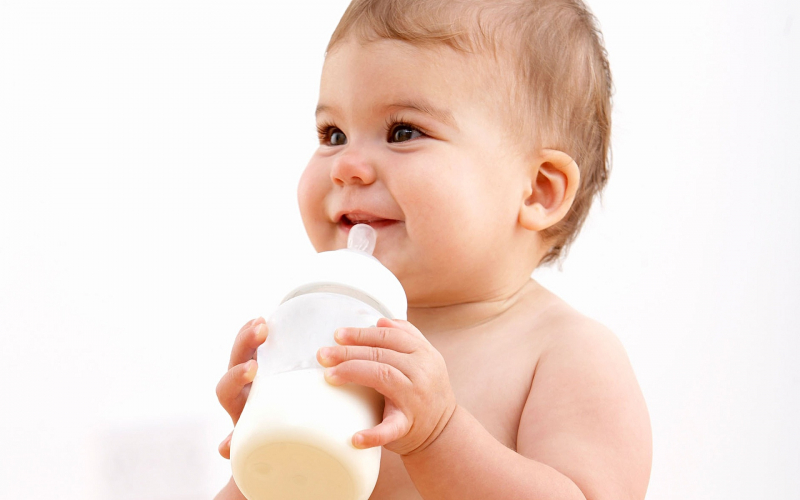
https://medimetry.com/ Spotlight on China channel on Youtube -
Wine tainted with antifreeze is one of the most well-known food products that has been tampered with. It's likely that a lot of people nowadays are simply too young to remember it, yet it was mentioned in a 1990 episode of The Simpsons.
Austrian wine was at the center of a global scandal in 1985. After antifreeze was discovered to have been added to the mixture, millions of litres were removed from the stores. Antifreeze has an incredibly delicious fragrance and taste, which helps to prevent your car from seizing up in the winter.
You should clean up any spills in your garage because cats have a history of sneaking in there and consuming poison when they do, which can be fatal. Humans can also die from it, suffering renal and brain damage. Antifreeze gives wine a richer, fuller flavor when added. In essence, it appears to be wine of a higher caliber. Nevertheless, deadlier, you know.
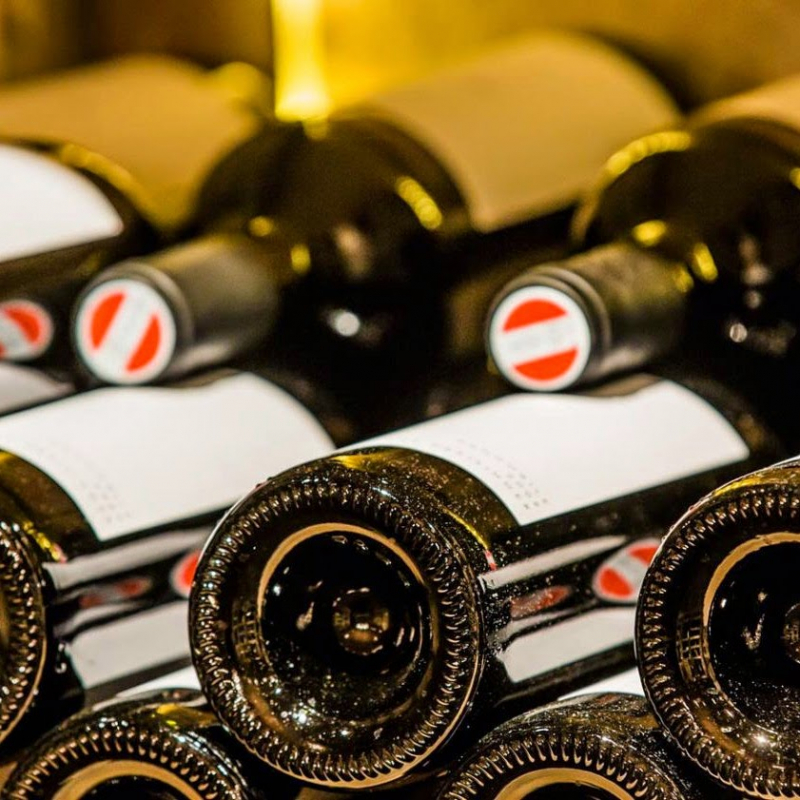
https://www.thewinestalker.net/ 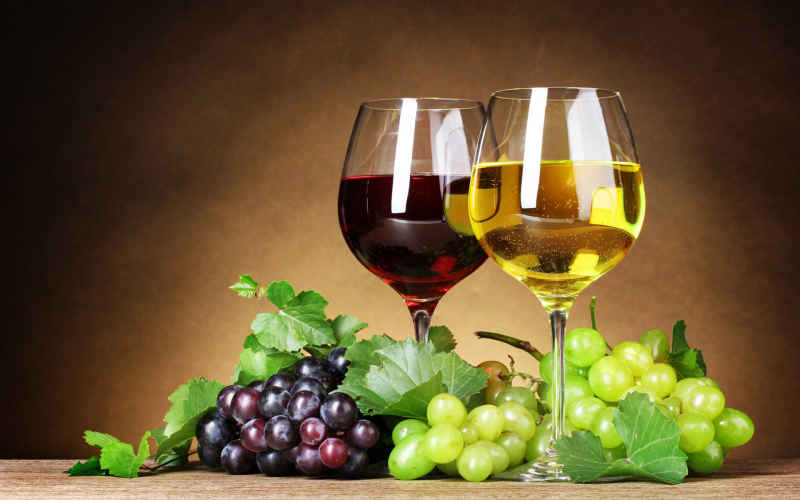
http://www.fanpop.com/ -
There's a significant probability that the honey in your home is phony, just like the olive oil. Around one-third of the honey produced worldwide is fake. According to some estimates, it might be up to 70% in America.
What then is your honey if it isn't honey? The real item might simply be diluted with corn syrup, sugar syrup, or any other sweetener. According to the FDA, the finished product must contain pollen to be considered honey. Legally, there can be no honey if there is no pollen. But the majority of store-bought honey doesn't.
Although this doesn't exactly mean it isn't honey, it does indicate that it has undergone extensive filtering, which is frequently done to conceal the source of the honey. What plants the bees that produced the honey were eating is revealed by the pollen. The producers of honey don't want you to know if those plants are Chinese.
Chinese honey is inexpensive and simple to obtain. Additionally, it's not always honey. Since there is minimal oversight, it might just be corn syrup mixed with a variety of different sweets that include potentially fatal substances. The products offered at farmer's markets and directly from apiaries are almost always genuine if you want the real thing.
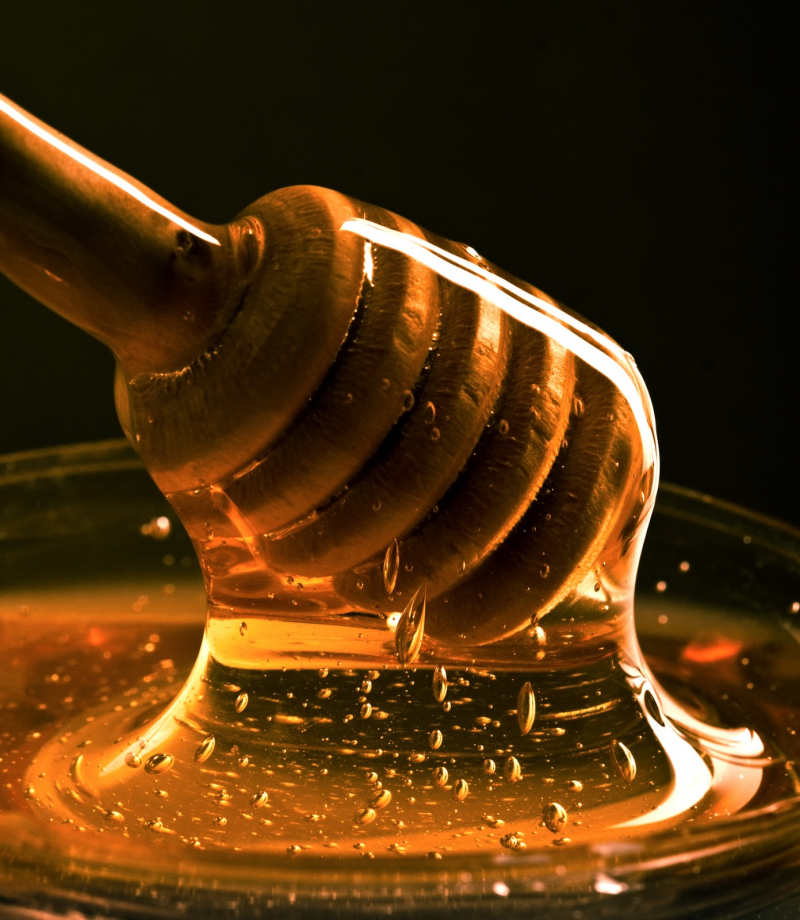
http://naturalandhealingherbs.blogspot.com 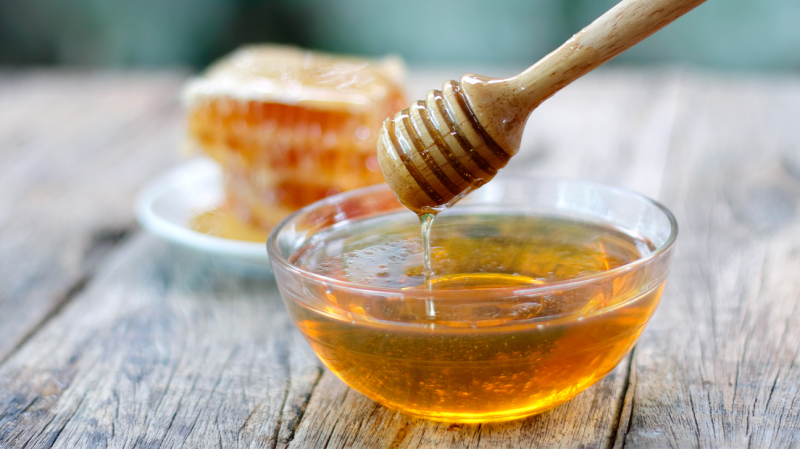
https://www.healthline.com -
You probably have imitation olive oil in your home. That doesn't mean anything bad about you personally. Up to 80% of the extra virgin olive oil sold in America is fake, that much is a truth. And this is not at all a new pattern. Due to how simple it is to fake olive oil, it has been done for years. Furthermore, it's really risky.
One of the most severe incidents of food poisoning ever documented occurred in Spain in 1981. More than 20,000 persons had symptoms, 10,000 were admitted to hospitals, and 300 passed away. The culprit was identified as tainted rapeseed oil that was mislabeled as olive oil and marketed after being phenylamine-denatured.
The oil used was industrial in nature and never meant for human use. It resulted in severe immune system impairment, abnormalities, and lung failure. Chronic conditions were left behind in survivors, which still exist today.
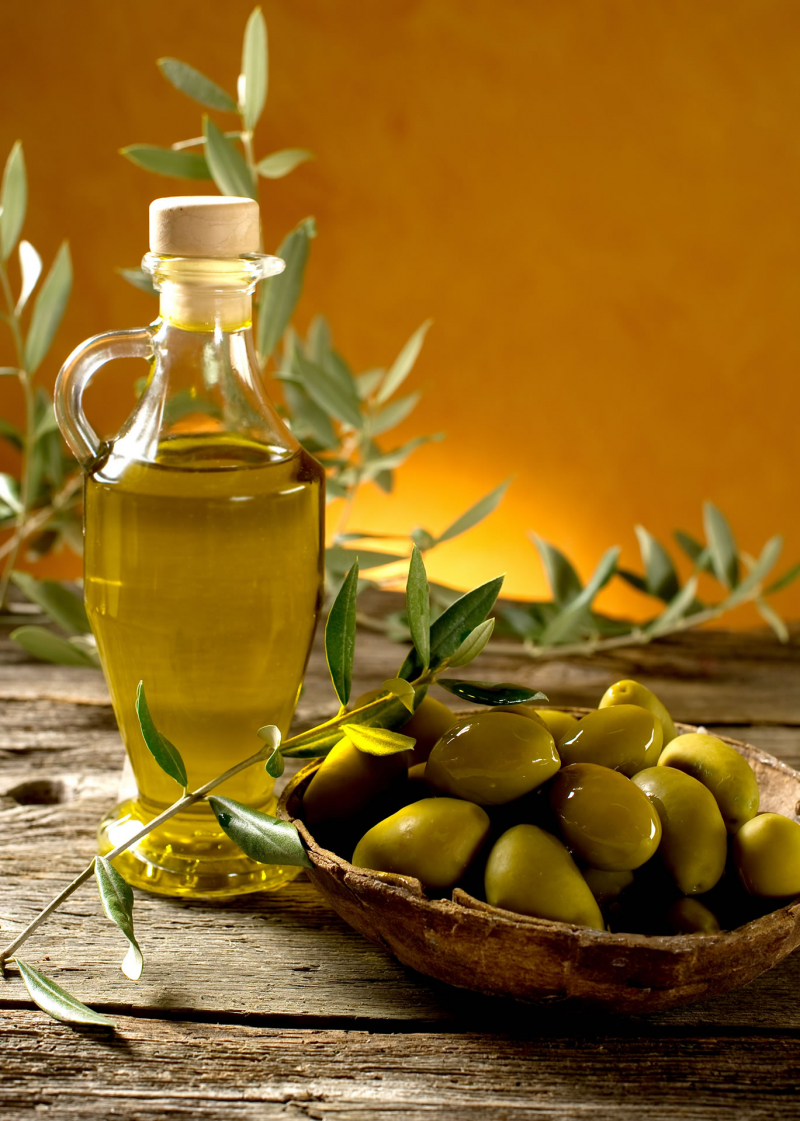
http://costablog.com 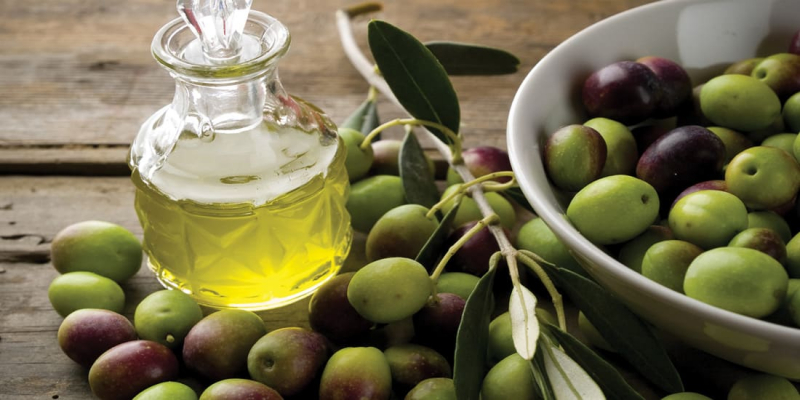
http://www.citylifemadrid.com/ -
The recommended daily intake for Americans is three glasses of milk. As they say, it's healthy for the body. And despite the fact that the notion of drinking milk is waning these days as a result of all the almonds and soy beans we milk, it is still a well-liked and generally healthful beverage. However, it wasn't always that.
The dairy sector had faced criticism towards the end of the 1800s for essentially being a liquid version of a contemporary horror film. The production of milk has no obvious norms at all. There were often one of two problems with milk. It either included an abundance of chemicals that belonged elsewhere, or there were so many germs present that scientists were unable to count them all.
Milk would be diluted with water by dairy producers before being thickened with gelatin. That was the excellent stuff, though. To set the color, it could contain chalk, plaster, or dye. Adding puréed calf brains to the cream would give it a deep color. Additionally, they would add formaldehyde to milk if it was going to spoil.Along with this, milk samples had sticks, blood, hair, and pus in them. The health authorities of Indiana came to the conclusion that each year, residents drank milk that included around 2,000 pounds of cow excrement. The dairy sector wasn't cleaned up until the early 1900s, when far too many children died as a result.
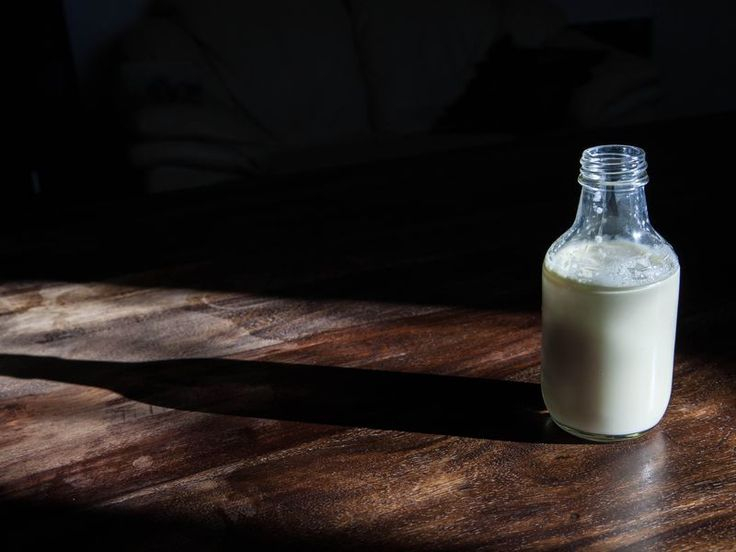
https://www.pinterest.com/ 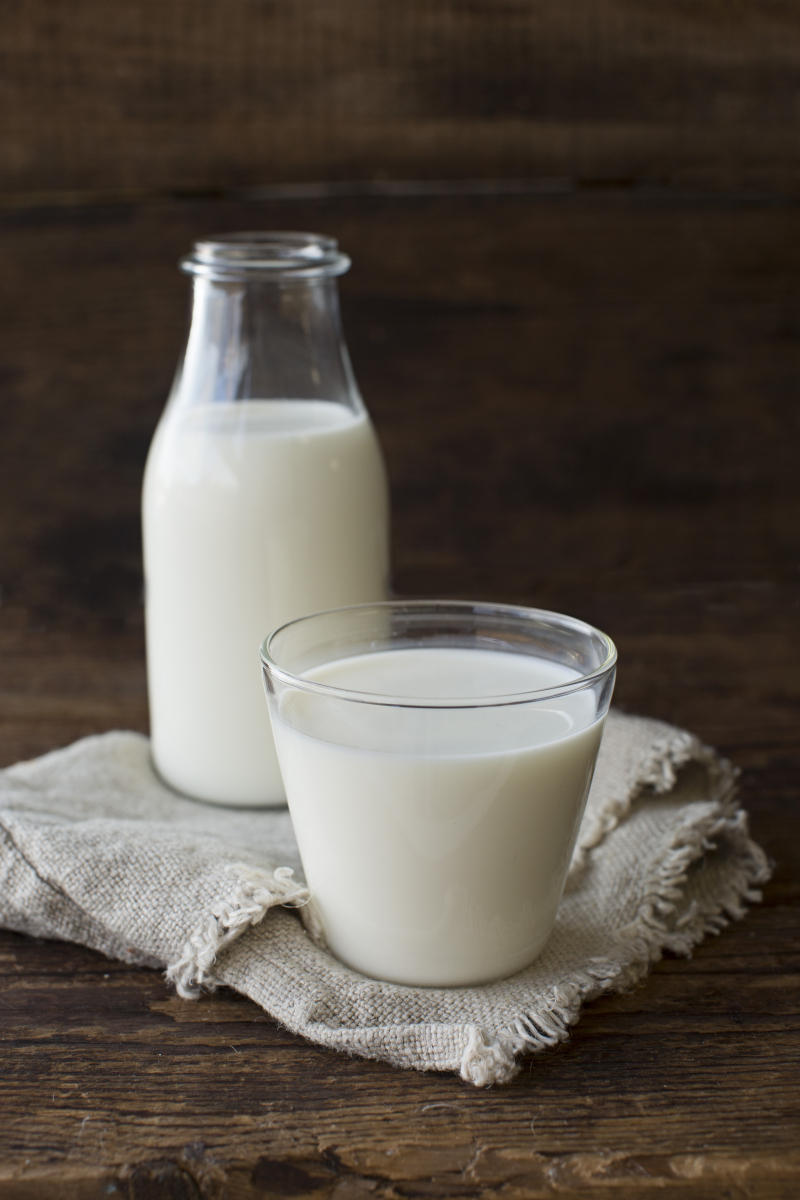
https://www.agriland.ie/












